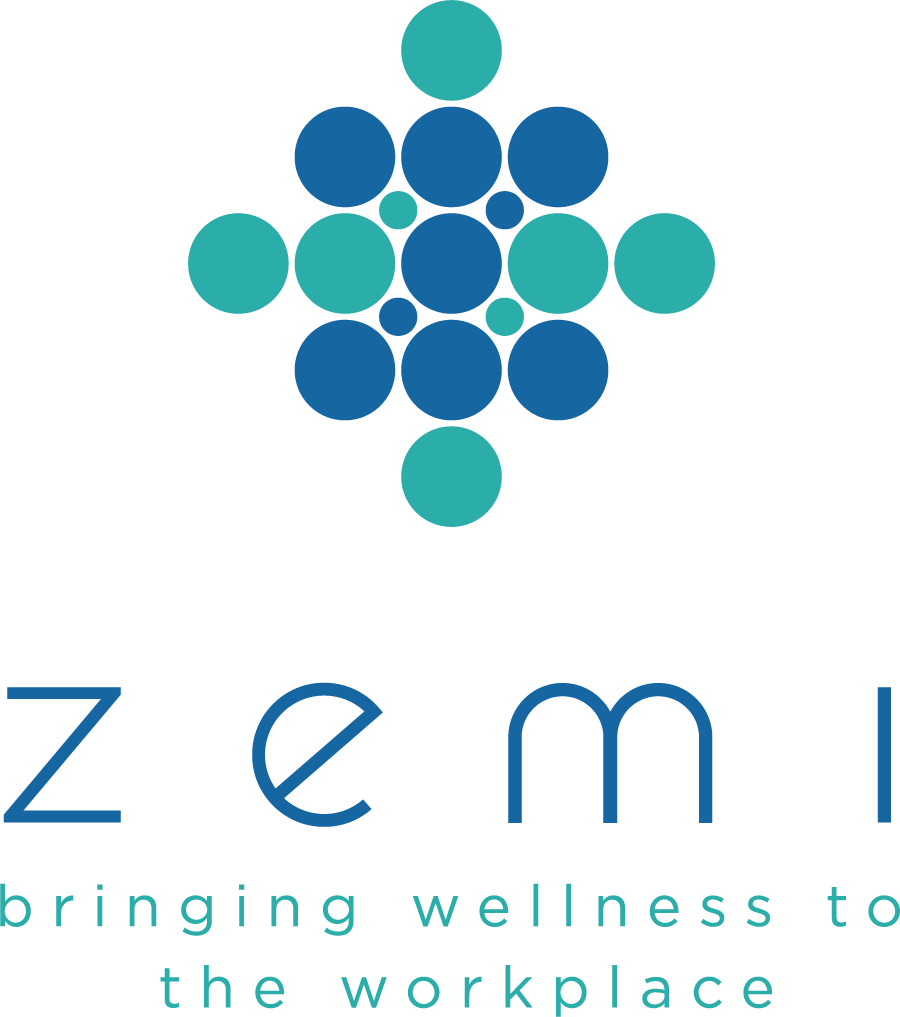Prevention to Save Millions
We all know the "C" word- some personally, others only by reputation. Unwanted by all, it grows in secret except to the most vigilant seekers. What is this mysterious disease? Cancer.
WHAT IS CANCER?
In basic terms, cancer is a disease in which cell division happens unnaturally. Instead of cells growing and replacing old, damaged cells as necessary, cancer happens when cells grow uncontrollably and spread to other parts of the body.
HOW DOES CANCER DEVELOP?
Genes control the growth and division of cells. When genetic mutations occur, so can cancer. These mutations can happen because of:
errors from cell division
damage to DNA
heredity
WHAT CAN CAUSE CANCEROUS MUTATIONS AND HOW CAN YOU PREVENT THEM?
Age. Incidents of cancer increase with age. You may not be able to stop the clock, but you can get regular screenings. For a full list of screenings by age, click here.
Alcohol. Drinking alcohol can lead to cancer of the mouth, throat, esophagus, larynx, liver, and breast. The more you drink, the higher your risk. We encourage you to moderate your intake of alcohol or cut it out completely.
Carcinogens. Click here for a list of carcinogens. Keep in mind that the amount and duration of exposure influence the level of risk posed. Take proper safety precautions to guard yourself against carcinogens, including avoidance and wearing of masks. Be aware that many tests are available to measure levels in-home. Chronic Inflammation. Chronic inflammation can cause DNA damage. Consider following an anti-inflammatory diet and taking anti-inflammatory supplements.
Diet. A diet based on vegetables and fruits is all-around best for helping your body fight disease. Vegetables, especially, offer your body the nutrients needed to function properly. Antioxidants prevent free radical damage that is associated with the development of cancer. Other vitamins are being studied for their anti-cancer properties, but one thing is for sure: the more whole foods you eat, the fewer cancer-causing additives you put in your body. Beware of cooking foods at too high of temperatures to avoid activating cancer-causing chemicals and watch out for chemicals contained in packaged food. Many chemicals, though approved by the FDA, are not necessarily "safe." Nitrates are a good example of this.
Hormones. The delicate balance of estrogen and progesterone has a lot to do with breast cancer and even cancer of the cervix and vagina. While giving birth is protective against cancer, early menstruation, late menopause, and synthetic hormones are all cause for concern or caution.
Infectious Agents. Certain viruses, bacteria, and parasites can be cancer-causing. Most of these infectious agents are transmitted through bodily fluids or blood. Lower your risk of infection by getting vaccinated, not sharing needles, and having protected sex.
Obesity. Being overweight correlates to a higher risk of cancer. This may be due to inflammation from inactivity and poor dietary choices, or imbalanced hormones. Eat a healthy diet of whole foods, move more, and see a doctor for underlying issues.
Radiation. Ionizing radiation damages DNA and can cause cancer. Always consider the benefit versus the risk of radiation.
Sunlight. You want at least 15 minutes of direct sunlight a day to get your daily Vitamin D, but too much sunlight can cause skin cancer from ultraviolet radiation. Protect yourself by dressing appropriately and wearing sunscreen. Note that UV rays can go through clothing, windshields, windows, and clouds; are reflected by sand, water, snow, and pavement; and are greatest from 10 am- 4 pm.
Tobacco. There is no safe amount of tobacco use. Even smokeless tobacco damages DNA and can lead to many types of cancer. Secondhand and thirdhand smoke also poses an increased risk for cancer. Do all you can to quit and avoid environmental smoke.
After reading that list, it may seem like everything can give you cancer! You have more control than you think. Think about the list above with your behaviors and lifestyle in mind. What can you do to reduce exposure to cancer-causing substances? What can you do to enhance your protection against cancer?
You may not be able to control how old you are, who your parents are, and what genes they passed down to you, but you can lower your risk of cancer by implementing a healthy lifestyle complete with physical activity, whole foods, sun protection, regular screening and testing, limited alcohol, no tobacco, and more. What are you personally going to do to beat cancer?
Let's beat it together. Contact Zemi to talk to one of our coaches about developing a personalized plan of action.

